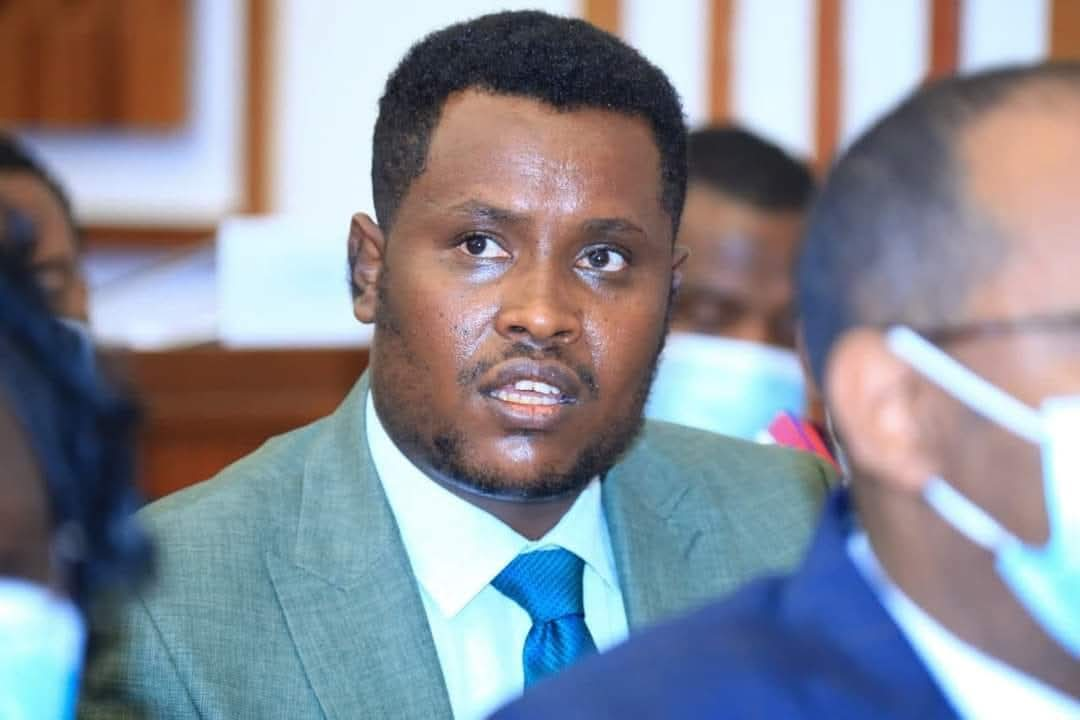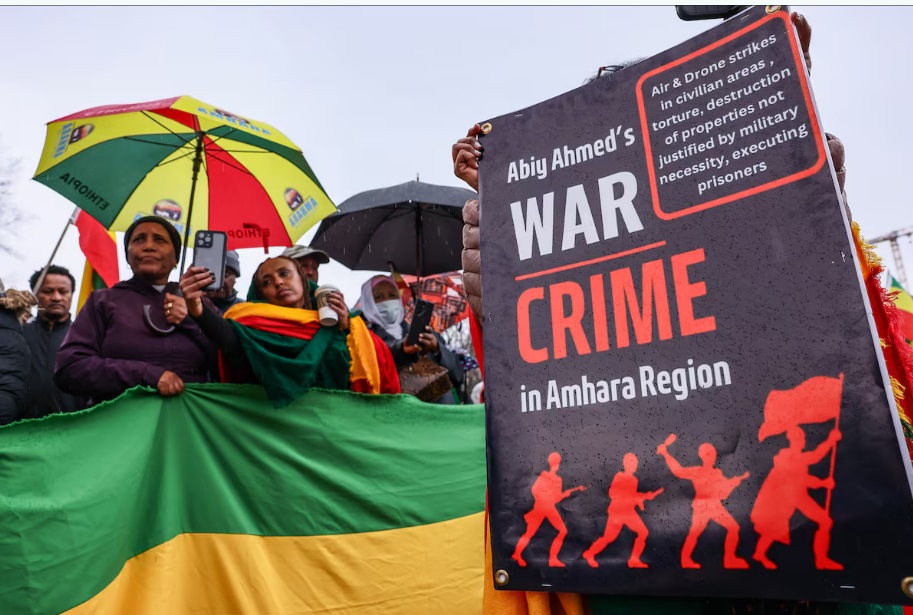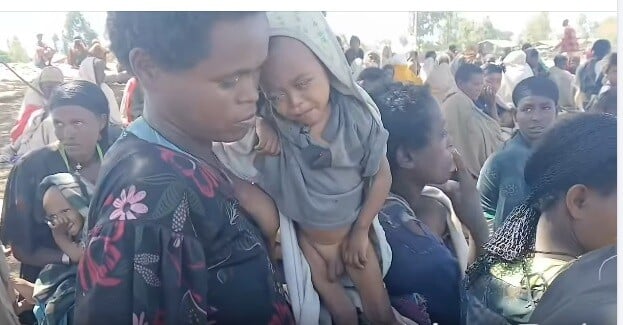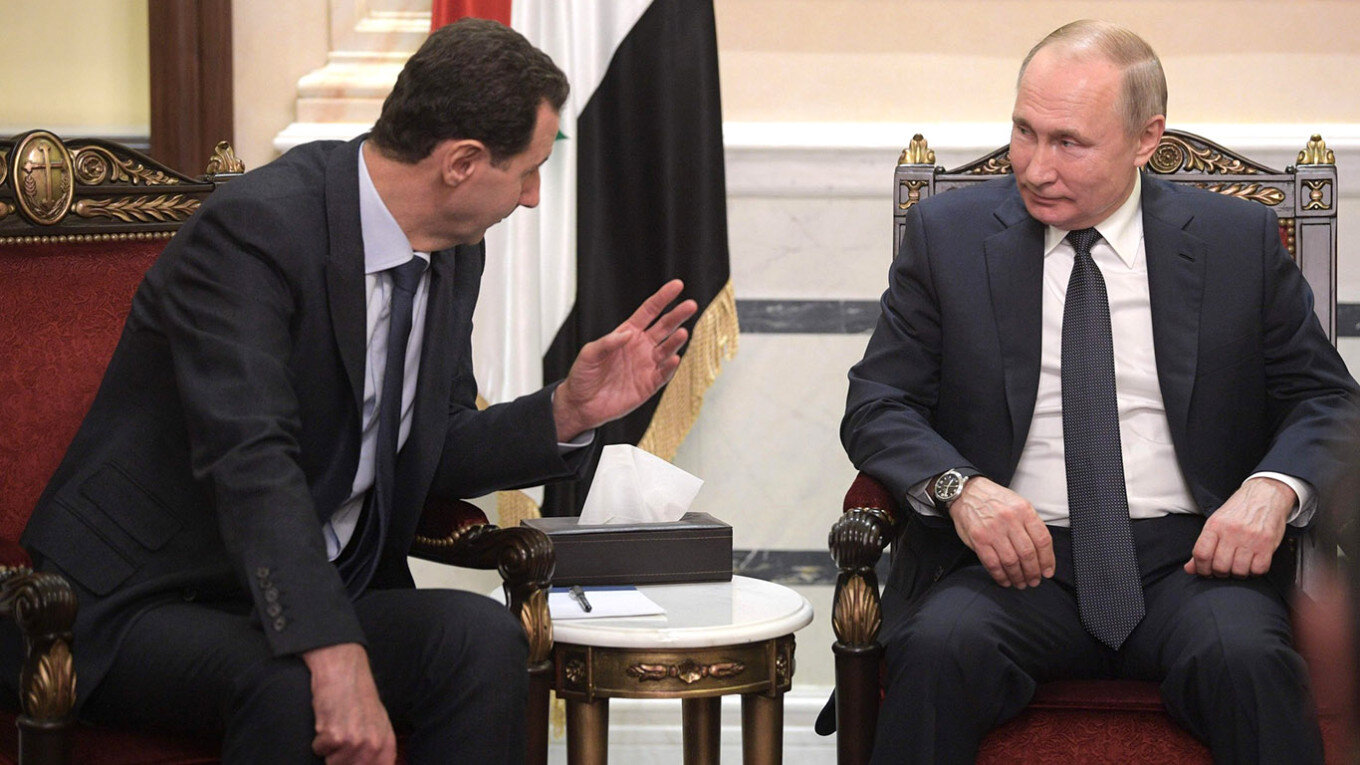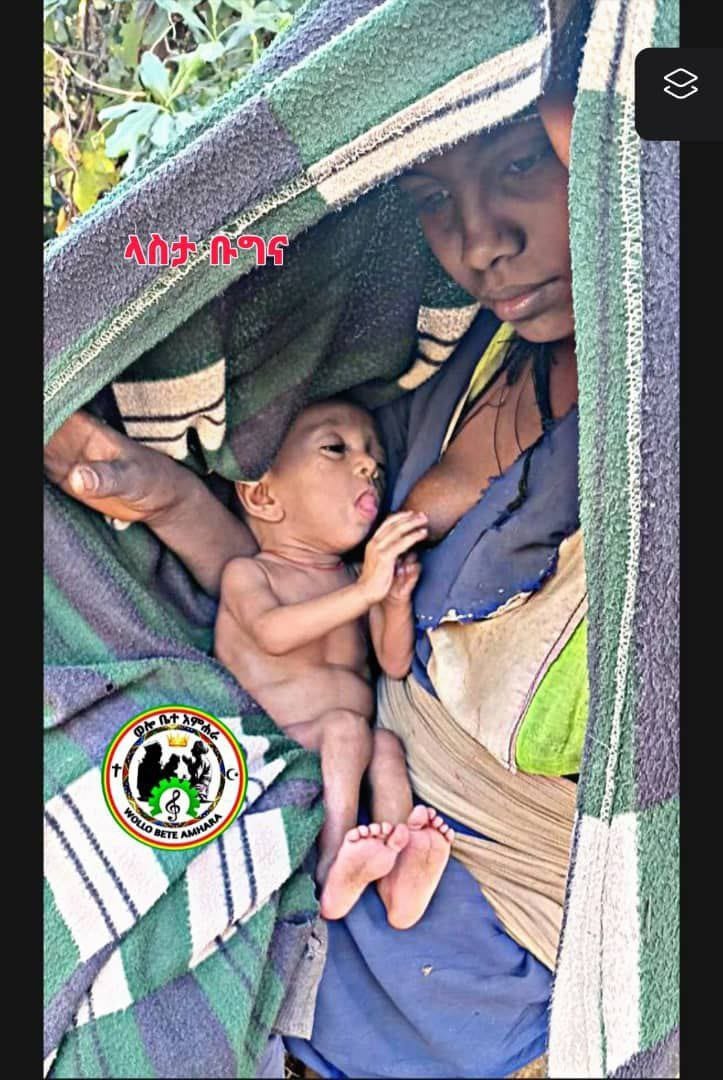Source: IFEX
Eskinder Nega was scheduled to return to court in a trial in which he faces terrorism charges, the International Press Institute (IPI) sent an open letter to United Nations Secretary General Ban Ki-moon, asking him to speak out against the use of anti-terrorism legislation against media members in Ethiopia. The full text is below:
Secretary General Ban Ki-moon
United Nations
New York, NY 10017 USA
212-963-5012 fax: 212-963-7055
Email: ecu@un.org
RE: Appeal for an End to Persecution of Journalists in Ethiopia
5 March 2012
Dear Secretary General,
I am writing today to express our grave concern over the prosecution and conviction of several journalists in Ethiopia who appear to have been targeted for their work and criticism of the government and ruling party.
The International Press Institute (IPI), a Vienna-based global network of publishers, editors and journalists that has defended press freedom for over 60 years, is deeply concerned by these developments, and considers that Ethiopia has a duty to uphold press freedom and the rights of journalists in line with international human rights standards.
On 26 January, Reyot Alemu of Feteh newspaper and Wubshet Taye of the now-defunct Awramba Times were sentenced to 14 years in prison, and Elias Kifle of the Ethiopian Reporter to life in prison, after they were found guilty of conspiring to commit terrorist acts, participating in a terrorist organization, and money laundering, reports say.
The case against the journalists was largely based on their online writings, articles that they received and calls for peaceful protest rather than on proof of involvement in terrorist activities, according to reports from Amnesty International and Human Rights Watch. Mr. Kifle lives in the United States, but Ms. Alemu and Mr. Taye remain in prison.
Eskinder Nega, a former publisher and editor who recently contributed opinion pieces to online media, is scheduled to stand trial on terrorism charges today, some of which could carry the death penalty. He has been in detention since September 2011.
Other Ethiopian journalists, having been forced to flee their homeland for fear of persecution, have also been charged and some convicted in absentia of terror-related crimes.
The use of terror charges against journalists has not been limited to Ethiopian citizens. Swedish reporter Martin Schibbye and photojournalist Johan Persson were arrested last July while travelling with members of the Ogaden National Liberation Front in the Ogaden region and have since been convicted and sentenced to 11 years in prison for “rendering support to terrorists.” But the pair has said that they were only there to document human rights conditions and explore the role of Swedish companies in the area – that is, to do their jobs as journalists. They admitted to entering the country illegally – but only because foreign reporters are prevented from covering that region, where rights groups have raised concerns about human rights violations perpetrated against local residents.
There has been a global trend toward strengthening anti-terrorism legislation. But while the need to protect countries from external threats is real, it should not come at the expense of human rights and democracy.
When journalists are deemed to be complicit in terrorism simply for criticizing the government, or for calling for peaceful protest, or for raising questions about human rights, it makes a mockery of the universal right to “hold opinions without interference and to seek, receive and impart information and ideas through any media and regardless of frontiers.”
And it undermines the fight against real terrorists, who use violence – and not words – to achieve their ends. If terrorists and government critics are painted with the same brush, and handed the same harsh punishments, it will discourage discourse and compromise.
For now, it seems likely that Ethiopia, in the face of mounting international pressure, will eventually grant pardons to Schibbye and Persson. But we are deeply concerned that the Ethiopian journalists languishing in prison will be forgotten by the international community, although their “crime” was nothing more than criticism.
Special Rapporteur for freedom of expression Frank La Rue recently spoke out on this issue, noting that journalists “should not face criminal proceedings for carrying out their legitimate work, let alone be severely punished. Ethiopia has an obligation to fully guarantee all individuals’ right to freedom of opinion and expression under international human rights law.”
Special Rapporteur on counter-terrorism and human rights, Ben Emmerson, said, “the anti-terrorism provisions should not be abused and need to be clearly defined in Ethiopian criminal law to ensure that they do not go counter to internationally-guaranteed human rights.”
As Secretary General of the United Nations, we respectfully urge you to join Mr. La Rue and Mr. Emmerson in speaking out against the imprisonment of journalists in Ethiopia, and that you urge the Ethiopian government to uphold its commitments to freedom of expression and press freedom by releasing and pardoning those journalists who have been falsely accused on the basis of their legitimate work.
Thank you very much for your serious consideration of this request, and we look forward to hearing from you on this grave matter soon.
Yours Faithfully,
Alison Bethel McKenzie
Executive Director
International Press Institute


